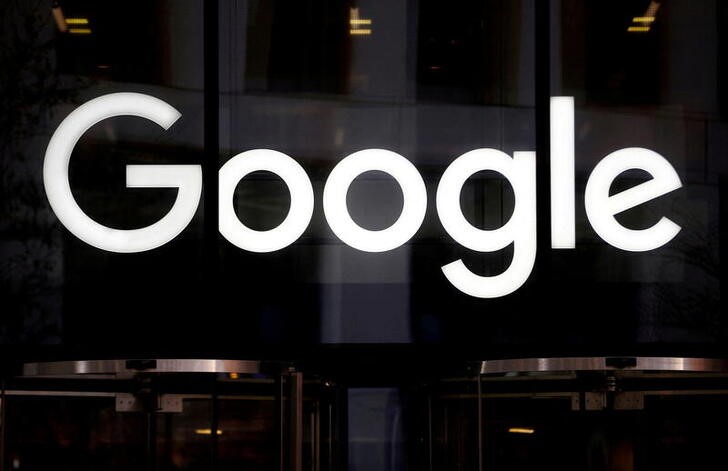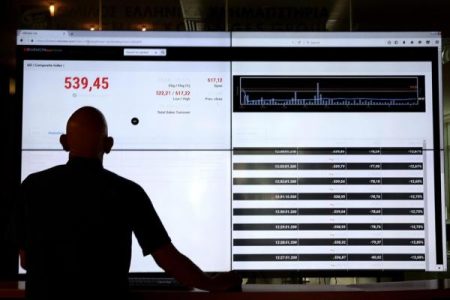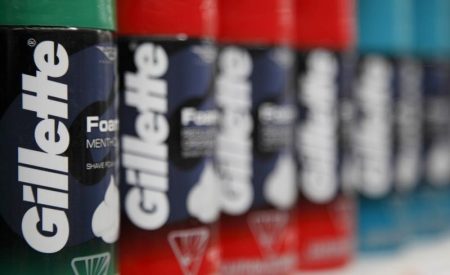© Reuters. FILE PHOTO: The logo of Google LLC is seen at the Google Store Chelsea in New York City, U.S., January 20, 2023. REUTERS/Shannon Stapleton/File Photo
WASHINGTON (Reuters) -The U.S. government hammered away at its main arguments against Alphabet (NASDAQ:)’s Google on Thursday, wrapping up the evidentiary phase of a court battle in which it has accused the online search leader of breaking antitrust law to stay on top.
In the trial, which started on Sept. 12, the Justice Department sought to prove that Google is a monopolist and illegally abused its power to favor its bottom line.
Judge Amit Mehta of the U.S. District Court for the District of Columbia said he was undecided on which way to rule. “I have no idea what I’m going to do,” he said after setting closing arguments for early May.
This case, filed by the Trump administration, was the first of four aimed at reining in tech leaders. The second, against Meta (NASDAQ:), was also filed during the Trump administration while Biden’s antitrust enforcers have followed with a second case against Google as well as one against Amazon.com (NASDAQ:).
MIT economics professor Michael Whinston, the government’s final witness on the final day of the evidentiary phase, hit the high points of the government’s case.
He disagreed with Google that it had to compete with Microsoft (NASDAQ:) to be exclusively pre-installed on smartphones. Google’s payments to Apple (NASDAQ:) and others, totaling $26.3 billion in 2021, were essentially monopoly profits paid to distributors, he said.
“Google made a lot of profit on these contracts,” he said.
Alphabet reported a net profit of $19.69 billion for July to September, up from $13.91 billion in the year-ago period. Revenue totaled $76.69 billion for the quarter.
Whinston said Google had the market power to raise ad rates without losing advertisers, citing company experiments. “Every time, they found that raising prices is profitable,” he said.
Whinston argued that Google’s U.S. market share of nearly 90% meant it had little incentive to improve quality.
“When there’s not a competitive threat, they’re not making that investment. And quality is lower,” Whinston said under questioning from Adam Severt of the Justice Department, one of the lawyers who signed the original 2020 complaint against Google.
John Schmidtlein, a lawyer for Google, also reiterated one of Google’s main defenses through the trial – that the payments were legal revenue-sharing deals that resulted from competition and were aimed at ensuring wireless carriers and smartphone makers do proper updates and keep users’ data secure.
He also stressed that Google is popular because of its quality. He pointed to reviews of smartphones like the Samsung (KS:) Fascinate that show consumers were unhappy when Microsoft’s Bing was the phone’s default search engine.
Read the full article here














